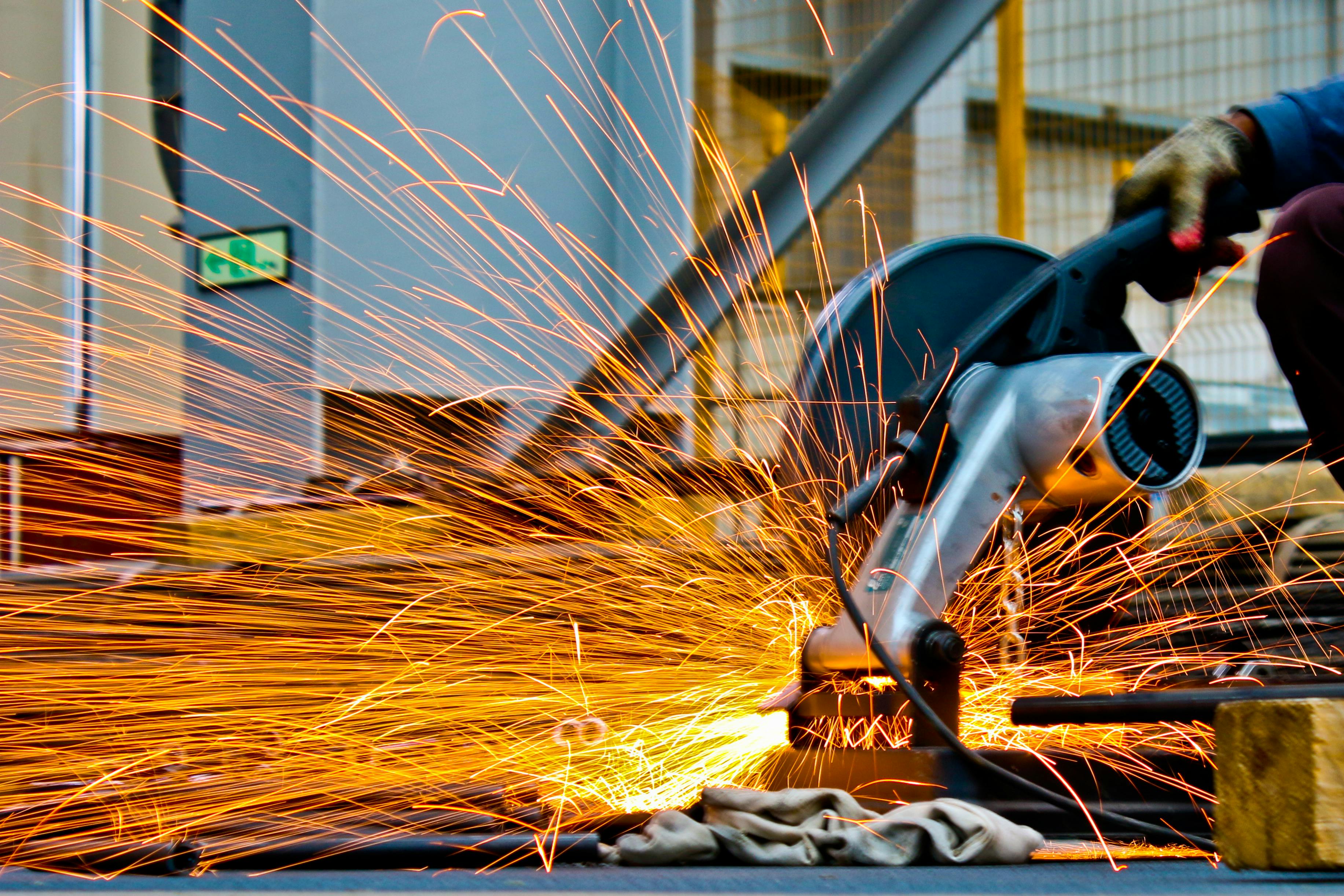Mastering Welding: Japan's High-Tech Career Path
Discover the thriving world of welding in Japan's cutting-edge industries. From robotics to aerospace, skilled welders are in high demand. Explore comprehensive training programs, industry-recognized certifications, and potential career trajectories in this dynamic field. Learn how to forge a successful future in Japan's innovative manufacturing sector through expert welding education.

Forging Careers: The Art and Science of Welding in Japan
In the land of technological marvels and precision engineering, welding stands as a cornerstone of Japan’s industrial prowess. This article delves into the multifaceted realm of welding education and career opportunities in Japan, offering insights for those considering this skilled trade.
Navigating Welding Education in Japan
Japan’s commitment to excellence in manufacturing is reflected in its robust welding education system. Aspiring welders can choose from a variety of educational paths:
- Technical Colleges: Offering in-depth programs that blend theory and practice.
- Vocational Schools: Providing hands-on training focused on practical skills.
- Specialized Training Centers: Catering to specific welding techniques or industries.
Notable institutions such as the Japan Welding Engineering Society (JWES) and the Nippon Welding Society (NWS) offer comprehensive courses. These programs typically span from a few months to two years, depending on the level of expertise sought.
Core Components of Welding Training
A well-rounded welding education encompasses several key areas:
- Welding Processes: From traditional arc welding to advanced laser techniques.
- Safety Protocols: Rigorous training in workplace safety and hazard management.
- Materials Science: Understanding the behavior of metals under various conditions.
- Technical Drawing: Interpreting blueprints and welding symbols.
- Hands-on Practice: Extensive practical sessions to hone skills.
Certification Landscape for Welders in Japan
Certification plays a crucial role in a welder’s career progression. In Japan, several certifications are available:
- JWES Certifications:
- Basic Welder Qualification
- Special Welder Qualification
- Japan Welding Society (JWS) Certifications:
- JWS Certified Welding Inspector
- International Certifications:
- American Welding Society (AWS) certifications are also recognized
These certifications typically involve both written and practical examinations, demonstrating a welder’s theoretical knowledge and technical proficiency.
Time Investment in Welding Education
The duration of welding training varies based on the program and specialization:
- Short-term courses: 2-6 weeks for specific techniques
- Comprehensive programs: Up to 2 years for advanced certifications
- Vocational school programs: Often 2 years, covering a broad spectrum of skills
Welding Career Landscape in Japan
While specific job opportunities cannot be guaranteed, welders in Japan may find potential roles in various sectors:
- Automotive Industry: Supporting Japan’s renowned car manufacturers
- Shipbuilding: Particularly in coastal industrial hubs
- Aerospace: Contributing to Japan’s growing space and aviation sectors
- Construction: Urban development and infrastructure projects
- Robotics: Precision welding for advanced machinery
It’s important to note that actual job availability can fluctuate based on economic conditions and industry demands.
| Training Type | Duration | Focus Areas |
|---|---|---|
| Foundation Course | 3-6 months | Basic techniques, safety, materials |
| Advanced Program | 1-2 years | Specialized welding, certification prep |
| Intensive Workshop | 2-8 weeks | Specific technique mastery |
| Industrial Apprenticeship | 6-12 months | On-the-job training, industry-specific skills |
Aspiring welders should conduct thorough research on current market conditions and specific company requirements before pursuing this career path. While welding offers potential for a rewarding career in Japan’s high-tech industries, success depends on individual skills, market demand, and ongoing technological advancements.
In conclusion, welding in Japan represents a fusion of traditional craftsmanship and cutting-edge technology. By pursuing comprehensive training and staying abreast of industry developments, individuals can position themselves for potential success in this dynamic field. As Japan continues to lead in technological innovation, the role of skilled welders remains integral to its industrial landscape.






